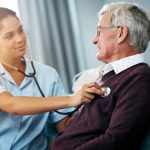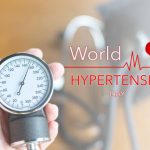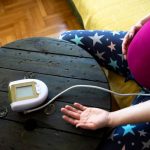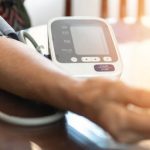The ONE organ responsible for high blood pressure.
Hypertension: The Silent Illness

Blood pressure is mostly a silent disease
Unfortunately, high blood pressure can happen without feeling any abnormal symptoms. Moderate or severe headaches, anxiety, shortness of breath, nosebleeds, palpitations, or feeling of pulsations in the neck are some signs of high blood pressure. Often, these are late signs that high blood pressure has existed for some time, therefore annual checks are recommended for all adults.Get to know your numbers
Because there aren’t any symptoms, it’s important to have your blood pressure checked regularly. Get to know the numbers and when to get help from your doctor. Your blood pressure will have two numbers:- Systolic is the upper number, measuring when your heart is forcing blood through your vessels.
- Diastolic is the lower number, measuring pressure between heart beats.
Who is at risk for high blood pressure?
Your family history, lifestyle and medications can increase the chances you’ll develop high blood pressure. Risk factors for high blood pressure include:- Age
- Overweight
- Family history
- Diet high in salt
- Drinking too much
- Some medications, nonsteroidal anti-inflammatories, also known as NSAIDS, some decongestants, weight loss medicines and stimulants)
- Some underlying health conditions, such as obstructive sleep apnea, kidney conditions, adrenal gland tumors and thyroid diseases
- Inactivity
- Tobacco and illicit drug use
- Other
When to see a doctor
Consult your doctor if you fall in the at-risk or high blood pressure categories above. If your blood pressure is in the crisis range, contact your doctor immediately. Call 911 if you’re experiencing any other symptoms like chest pain, blurred vision or slurred speech.How is high blood pressure treated?
Treatment for high blood pressure will commonly include medication and healthy lifestyle changes such as:- Losing weight
- Eating a healthful diet
- Quitting smoking
- Drinking less alcohol
- Reducing stress
When should you not take your blood pressure?
You can prepare for the day, but don't eat breakfast or take medications before measuring your blood pressure. If you exercise after waking, take your blood pressure before exercising. Avoid food, caffeine, tobacco and alcohol for 30 minutes before taking a reading. Also, empty your bladder first.









